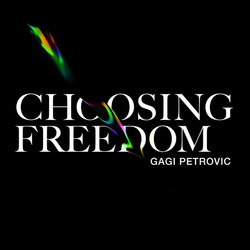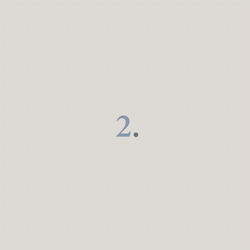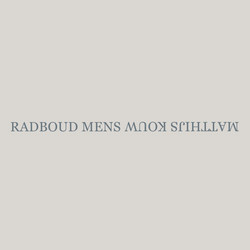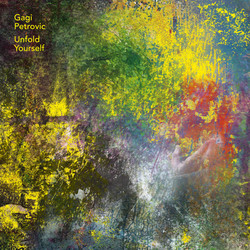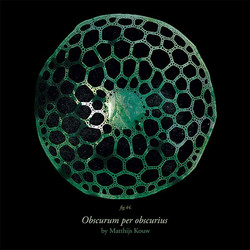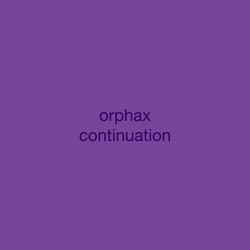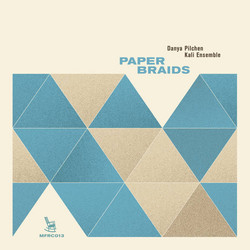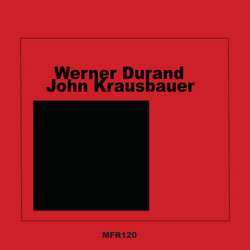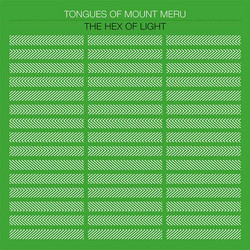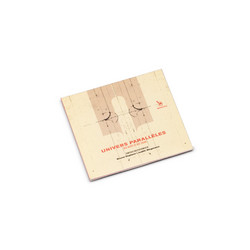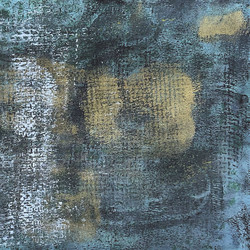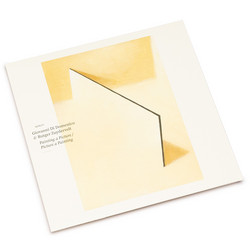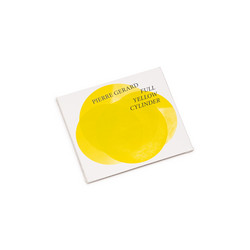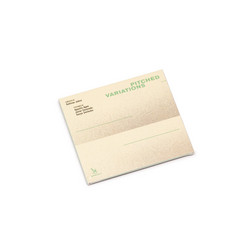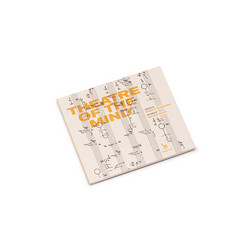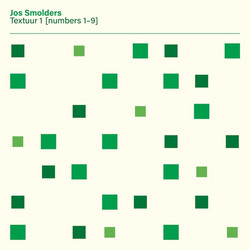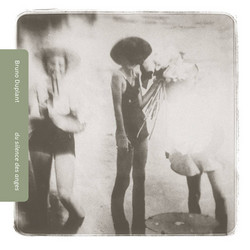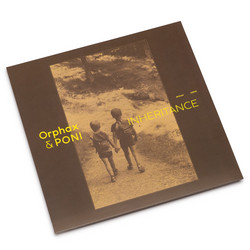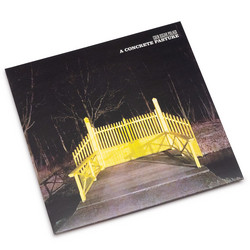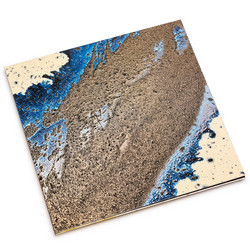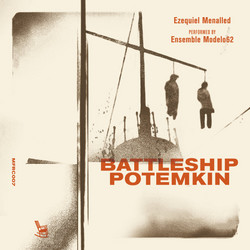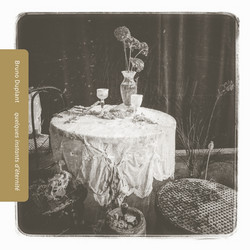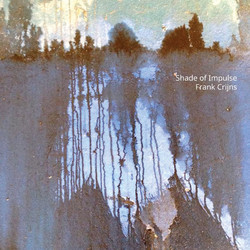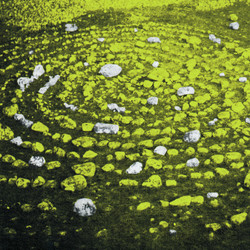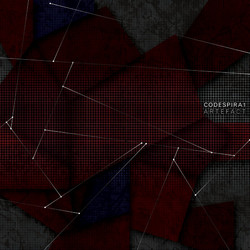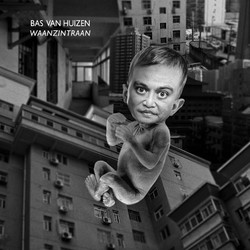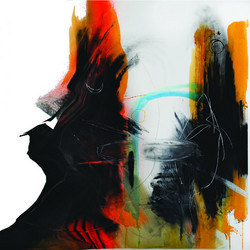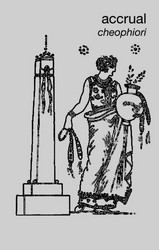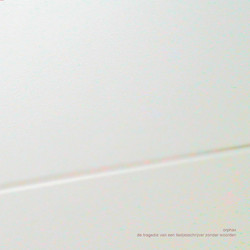Philosopher of science Isabelle Stengers has studied the operations of states and their mobilization of technical practices to serve a presupposed general interest, which involves the production of rules and norms. Such rules and norms are blind to forms of knowledge that are denigrated as ‘local’ and ‘traditional’, and feature the correlative elimination of what does not conform and cannot be standardized – in other words, what is recalcitrant to objective evaluation. Anything that resists subsumption to technical rationality is seen as a threat to public order (Isabelle Stengers, In Catastrophic Times: Resisting the Coming Barbarism, pp.73-4). The eight tracks on ‘Recalcitrance’ examine abstract topics that range from metaphysical speculation and psychological investigation to reflections on the process of creation itself. Taking a shared set of source sounds as their starting point, Matthijs Kouw and Gagi Petrovic invite listeners to trace the common sources of their pieces and to become recalcitrant themselves by experiencing the compositions in ways that defy what Stengers describes as technical rationality. Recalcitrant subjects ask new questions, thereby allowing the currently dominant reductionist mindset obsessed with productivity to be unsettled by space for reflection and quiet contemplation.
Matthijs Kouw is an experimental musician based in The Netherlands exploring the relationship between movement and stasis. Using analog synthesis, software, field recordings, and recordings of various objects, Matthijs combines long-form drone with elements from acousmatic music, noise, and microsound.
Gagi Petrovic is a composer, performer producer and teacher of music. As a musician and sound artist he mainly works in performative settings, with a versatile taste and diverse expertise. He writes pieces and songs with elements that are acoustic and electronic, intense and intimate, which are something between odd and familiar. Aesthetically his work balances in the grey area of contemporary composition, digital electronics and alternative pop. Conceptually his music often covers themes revolving around oppression, isolation, destruction and what it means to be free.
The use of technology often plays a big role in his creative process, as well as his preference to keep pushing music forward. As a composer he mostly works in an autonomous fashion, where research in freedom of expression and playfully exploring boundaries guides his creative decisions. He has received commissions from organisations such as Gaudeamus, Fringe Festival, Rewire and LeineRoebana, asking him to write for soloist and small ensembles. He releases electro-acoustic albums and performs own works with his custom-built instrument GEST and as a singer-songwriter. Frequently, he produces music for other media too, like contemporary dance, theatre, video art and documentary. He has a special interest in how music moves us both physically and mentally; how such abstract languages enable us to reflect on a particular sense of reality, escape it or even question it.
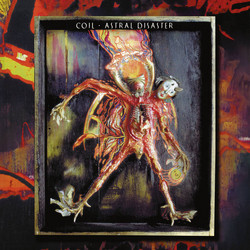
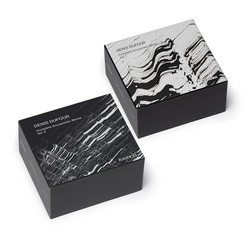
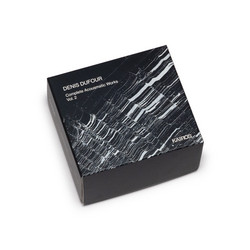




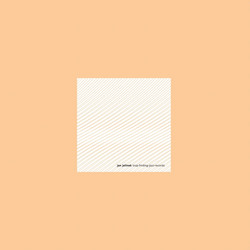

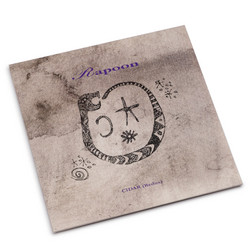
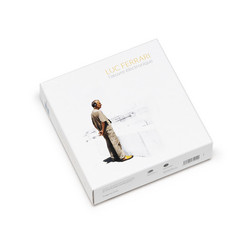
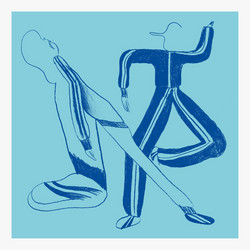
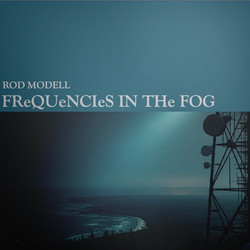
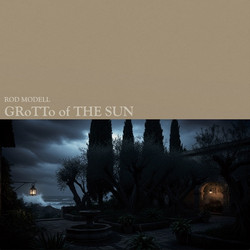

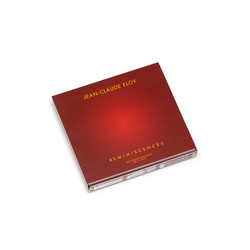
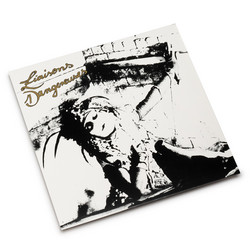
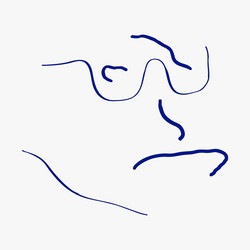
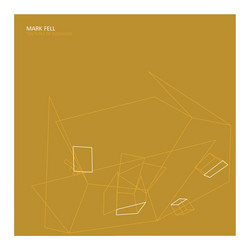
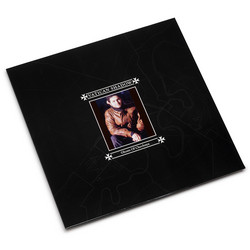
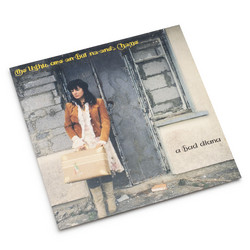
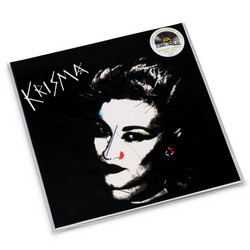
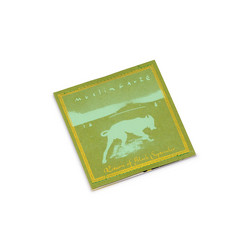
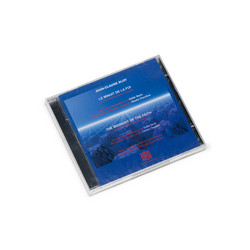
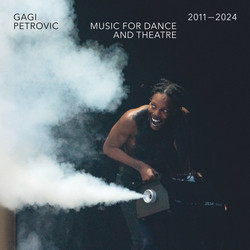
![dp[a] + hsh](https://cdn.soundohm.com/data/products/2022-02/a2879594053_10-jpg.jpg.250.jpg)
